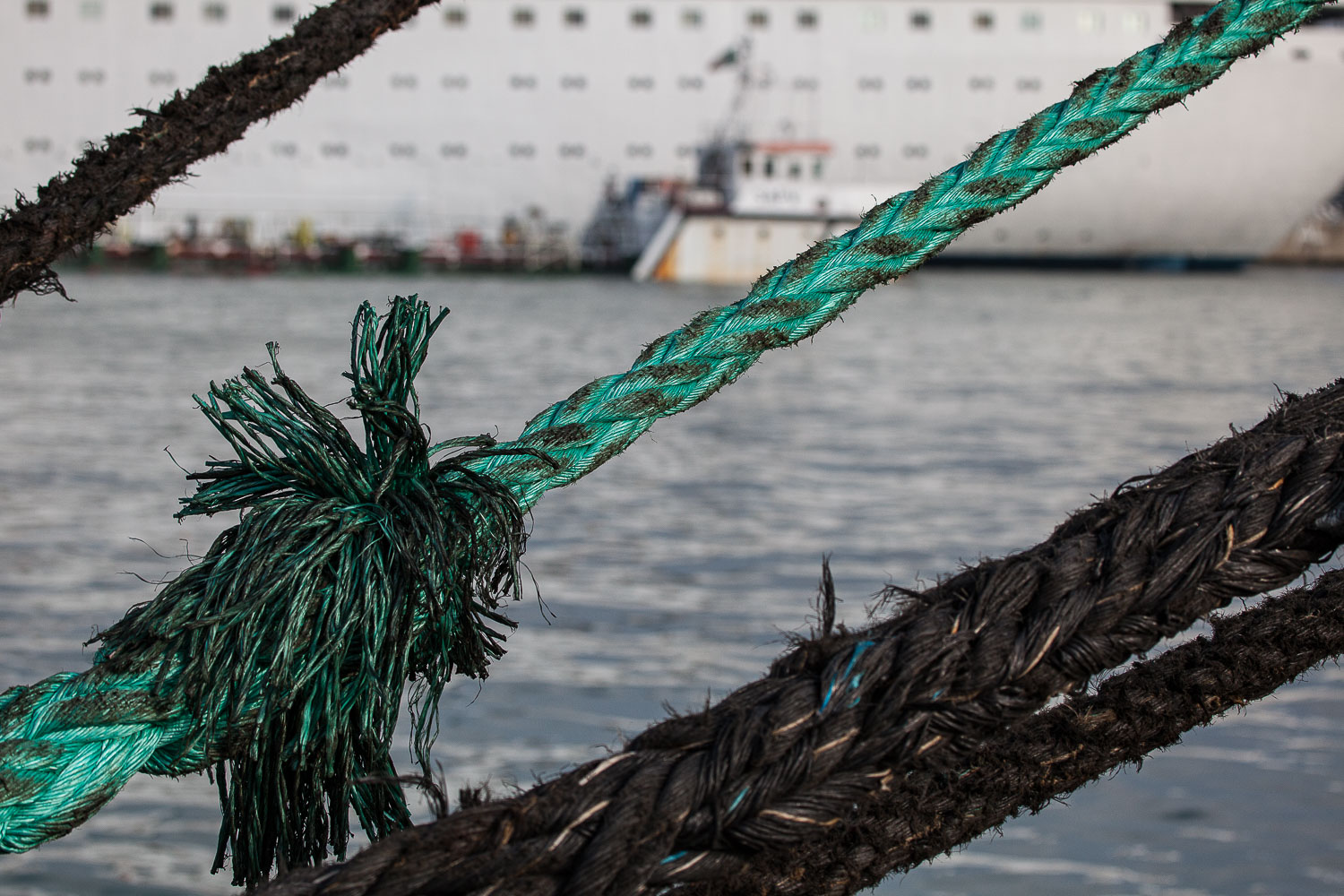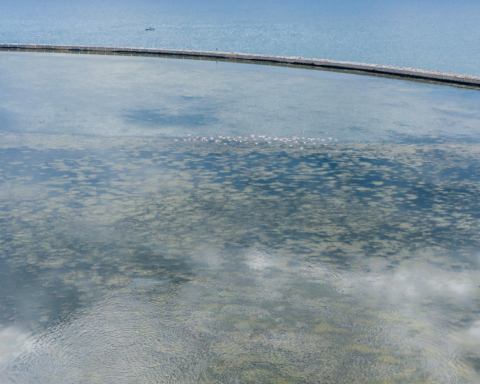Cold Ironing. According to the Italian port terminal association, Assiterminal, the one thing that is certain is that 700 million euros have been paid out to build the necessary infrastructure to enable ships to be connected to electricity on the quayside. There are only uncertainties and doubts about the rest.
“As non-experts, some spontaneous questions arise,” notes the Association of Italian Terminal Operators, stating that “depending on the power output, both the infrastructure and the operating model change, as do the taxation requirements depending on the source of the energy output. “Can the end user – the ship – have access to the free market, how much can the choice of an operating or infrastructure model affect the competitiveness of a port, and how much does the terminal operator suffer or have to take an active part in these choices? Who will be entitled to put the plug in and what will be the requirements for doing so?” the association asks.
Assiterminal also raises some concerns about the implementation timeframe and the way in which the distribution service model will be built (including, of course, the cost structure): “Will this be left to each Port Network Authority or will it involve coordinated planning under the supervision of a single entity?” the association asks, pointing out that the ability to provide the cold ironing service will increasingly be a competitive element on a par with the terminal’s accessibility and its operational capacity to handle cargo or passengers.
Not only that: “it is clear that procedures and measures for the energy transition to supply clean energy must be simplified and incentivized also for our own utilities to power cranes, handling equipment, reefer parks, buildings and services. We do not make it just a pure cost issue, but a sustainability issue for our businesses within the urban fabrics close to which we operate.”
Assiterminal says that it will address the issue at the conference organized by the Association on 18th April, and announces that it has already begun an informal discussion with shipowners and colleagues from other terminal associations: “The more we delve into the issue, the more we are aware of its complexity: we would like to avoid spiraling costs like the ones we are continuing to see with concession fees.”
Translation by Giles Foster




